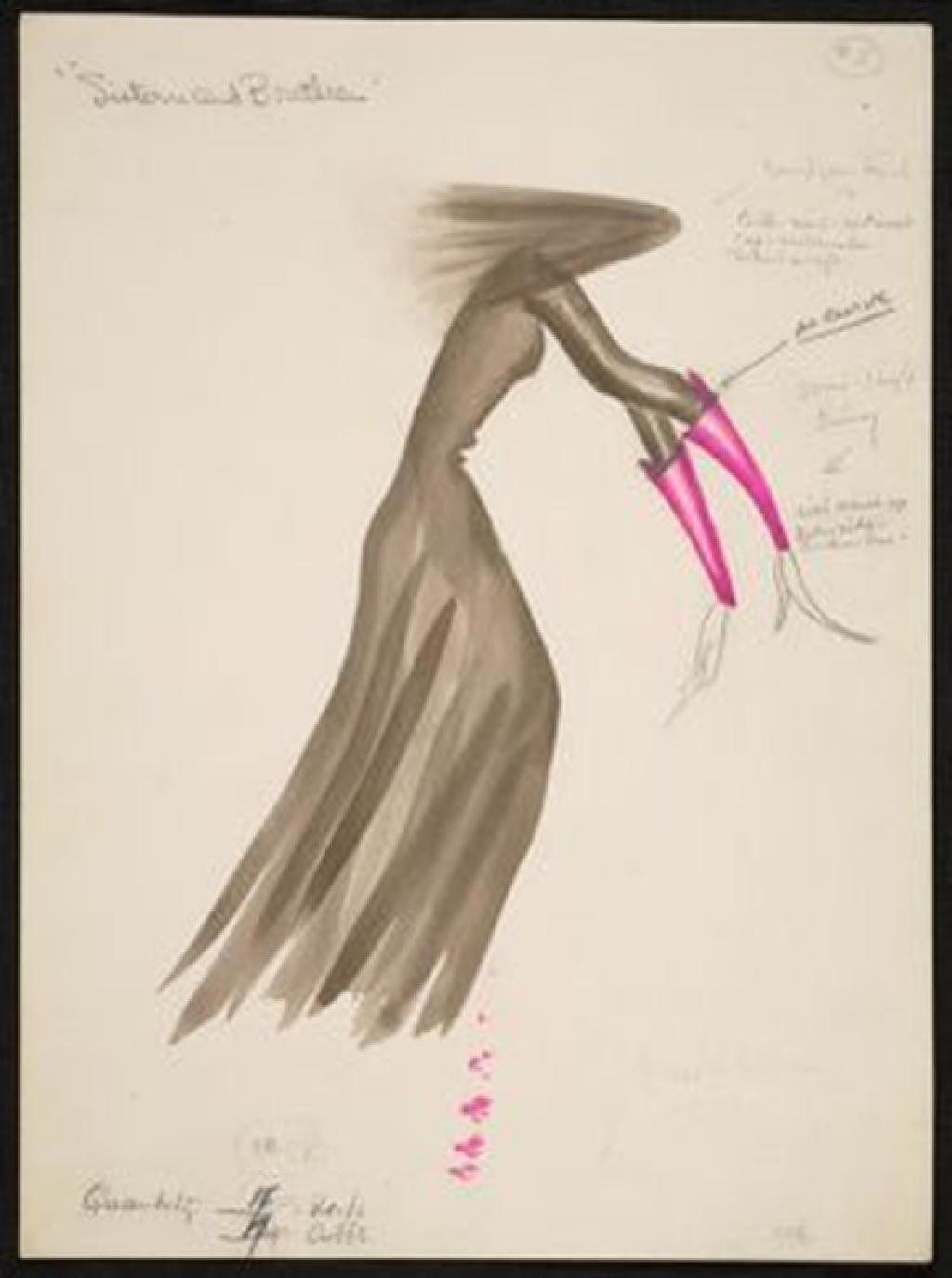This lecture considers the problem of the cultural value of political mystifications, forgeries, and appropriations. In doing so, I will focus on the historical and ideological contexts (in particular, the role of the Communist International in Moscow) of one of the most popular “songs of protest,” which was published by the American folklorist and pro-Communist activist from a Jewish-Hungarian family Lawrence Gellert’s (1898-1979) in his influential collection of African-American political songs (1936). In the 1930s, the song was translated into several languages and published in various left-wing periodicals, set to music, illustrated, performed in various countries, choreographed, interrogated by the American government as a part of “the propagandistic play,” and, all in all, embodied the anti-religious nature of a revolutionary new genre of song created by Black Americans. It eventually became an integral part of many communist singers’ repertoire (from Paul Robeson, William Bowers, and Pete Seeger to Ernst Busch). In this lecture, I show that the poem itself was both an ideological construct and a significant cultural fact which helped to introduce a new musical genre and secretly promoted the Soviet political agenda of the mid-1930s.
This event will be hosted in person and virtually on Zoom. Non-NYU affiliates must RSVP for in-person campus access.
Ilya Vinitsky is Professor of Russian literature in the Slavic Department at Princeton University. His main fields of expertise are Russian Romanticism and Realism, the history of emotions, and nineteenth- century intellectual and spiritual history. His books include What the Nightingale Muted (Limbakh, 2022), Transfers: Literary Translation as Interpretation and Provocation (Ruthenia, 2022), Vasily Zhukovsky’s Romanticism and the Emotional History of Russia (Northwestern University Press, 2015), Ghostly Paradoxes: Modern Spiritualism and Russian Culture in the Age of Realism (Toronto University Press, 2009; Choice Magazine’s list of Outstanding Academic Titles for 2010) and A Cultural History of Russian Literature, co-written with Andrew Baruch Wachtel (Polity Press, 2009). He also co-edited Madness and the Mad in Russian Culture (University of Toronto Press, 2007) and published a chapter on the history of madness in literature and art in the recent Routledge History of Madness & Mental Health. His most personal book, The Count of Sardinia: Dmitry Khvostov and Russian Culture (New Literary Observer, 2016; in Russian) investigates the phenomenon of anti-poetry in Russian literary tradition from the 18th through the 21st century and focuses on the literary biography and cultural function of the king of Russian bad poets, Count Dmitry Ivanovich Khvostov (1757-1835). This book received a 2018 Marc Raeff's Book Prize of the Eighteenth-Century Russian Studies Association. Vinitsky is currently completing his book on the cultural biography and political imagination of Ivan Narodny, a Russian-Estonian-American “revolutionist,” arms dealer, journalist, writer, art critic, and arch-mystifier.

